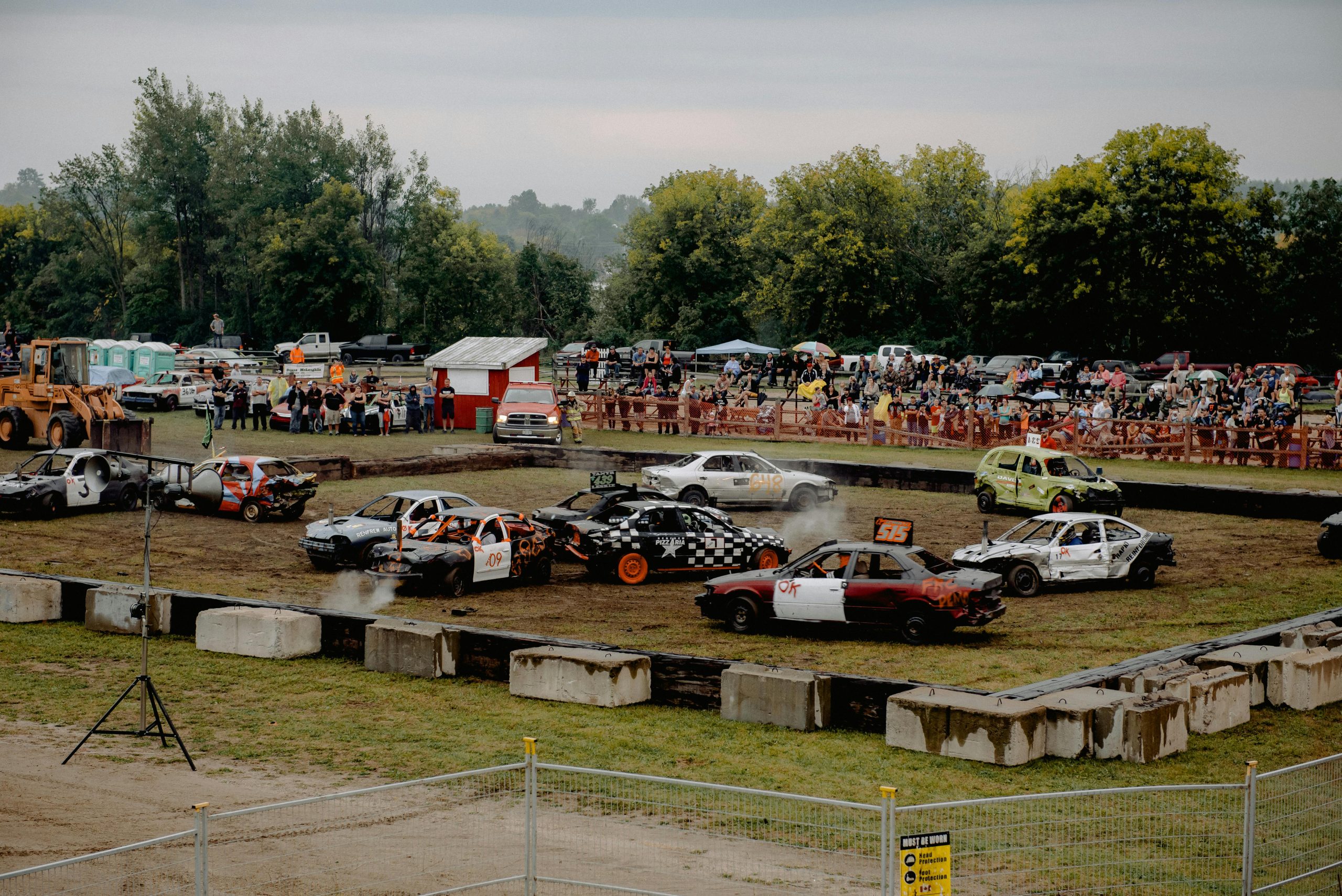Are Unusual Laptop Noises a Cause for Concern?
Recently, we acquired a laptop from work that was being discarded. Instead of letting it go to waste, we decided to take it home for repurposing. Alongside a few other similar devices, my boyfriend is eager to explore the potential of transforming them into a makeshift server for storage or other fun projects. However, there’s a peculiar noise coming from this laptop that has me feeling uneasy. I want to ensure that it’s not indicative of a serious issue, particularly something hazardous like a potential fire risk.
In a recent video clip, the laptop was shown downloading the image for the default Ubuntu server. While it’s exciting to embark on this tech adventure, the strange sounds have raised some red flags for me. I want to mitigate any risks before proceeding with our project.
If you have experience with laptop repair or server setups, I would greatly appreciate any insights or guidance regarding unusual noises from laptops. Understanding whether these sounds are a common thing or if they signal a problem would be incredibly beneficial. Your advice could help us determine the safety of using this device for our server ambitions!
Share this content:




Understanding Unusual Laptop Noises and Safety Guidelines
Dear User,
Unusual noises from laptops can sometimes indicate underlying hardware issues, but not always. Common causes include fans working harder due to dust buildup, failing bearings, or drives (HDD/SSD) making clicking sounds. However, if the noises are loud, grinding, or accompanied by overheating or smell of burning, it could be a sign of a more serious problem that requires immediate attention.
Safety First: If you suspect any electrical or fire hazard, immediately power down the device and disconnect it from power sources. Do not attempt to open or repair hardware if you’re not experienced, as this can be dangerous.
Here are some steps to assess and possibly resolve the issue: